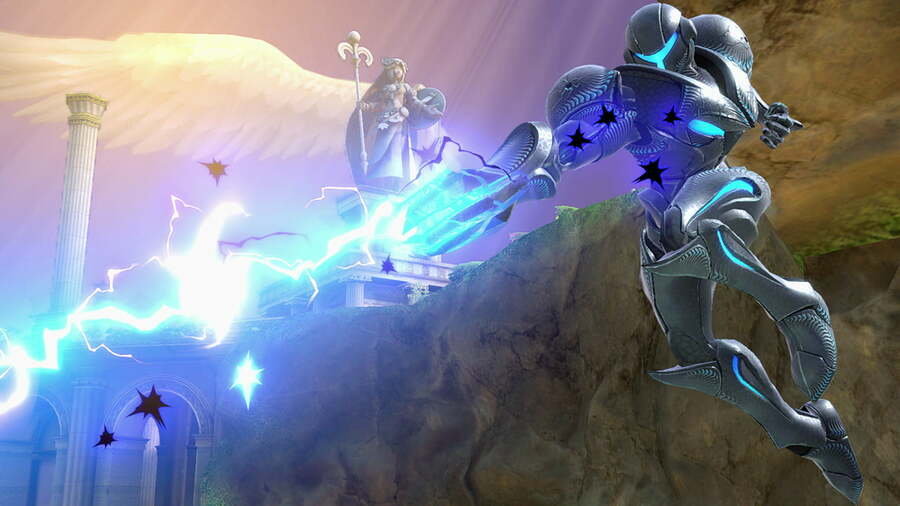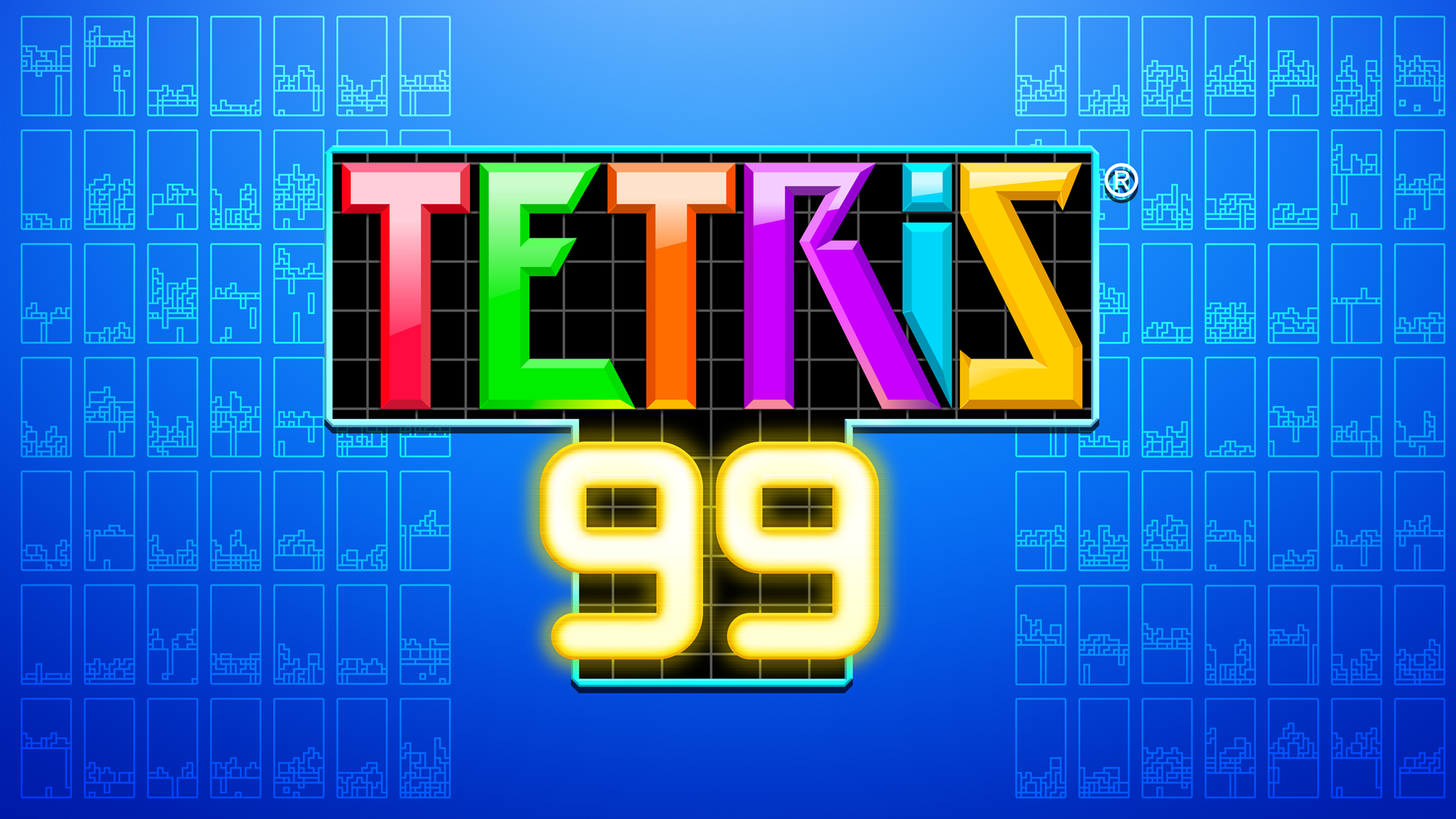
I’ve been a massive fan of the Nintendo Switch Pro Controller since its release; I adore the chunky face buttons and the exceptional battery life, and Nintendo absolutely nailed the ergonomics. The fact that it has asymmetrical analog sticks is also another huge win in my book.
However, after almost five years the Switch Pro Controller is starting to feel noticeably outdated, and it’s about time Nintendo gave its premier pad a makeover.
The Switch Pro Controller undoubtedly has its issues, some of which have existed since launch, while others have manifested themselves as the years have rolled on. And considering that the list price of the Switch Pro Controller is still $69.99 / £59.99 / AU$99.95 (although you can often get it for less), it’s also starting to feel needlessly expensive for what you get.
So what can Nintendo do to fix it?
Fix the D-pad
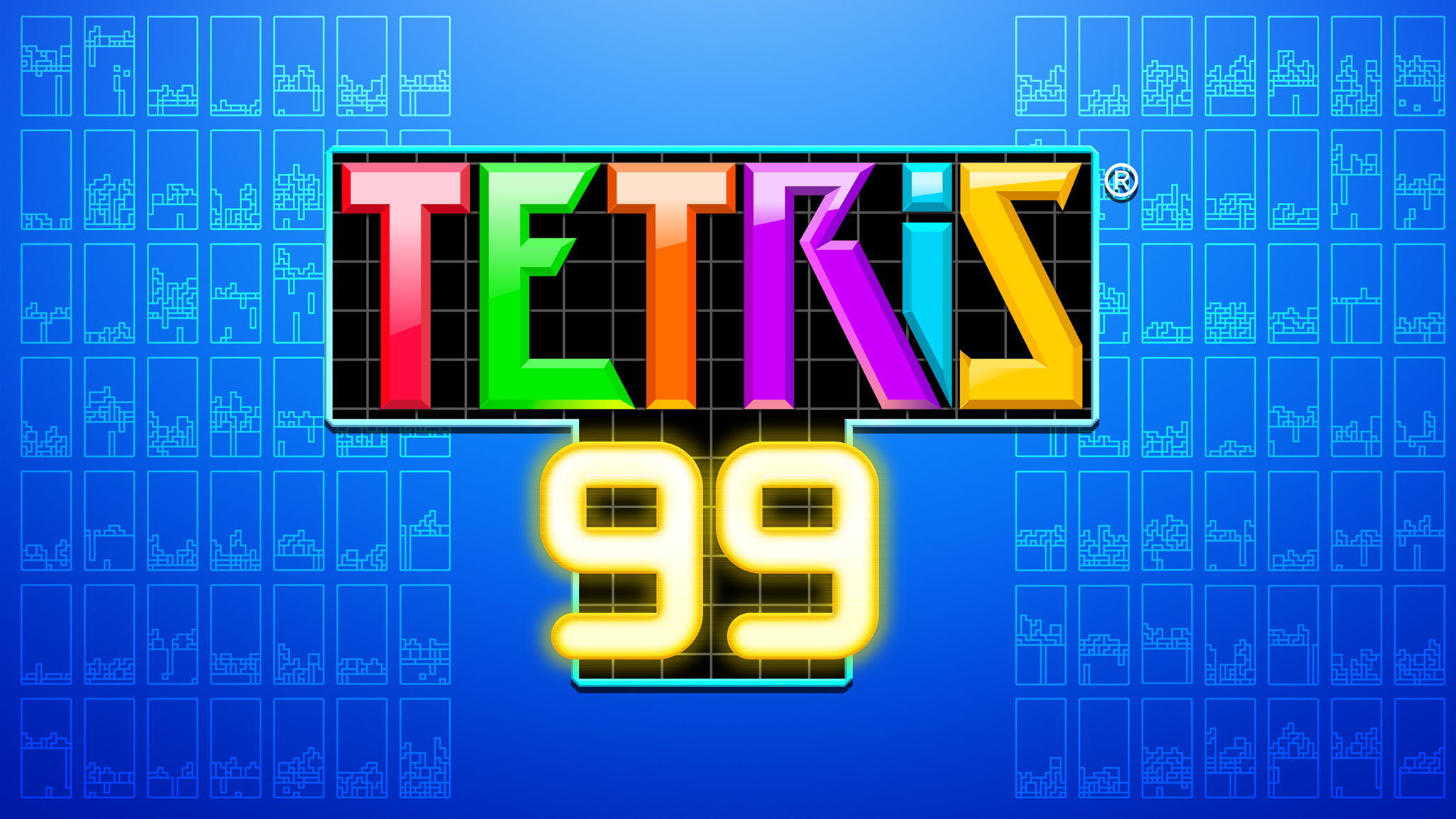
The biggest issue I have with the Switch Pro Controller is its finicky D-Pad. It’s been unreliable since day one, to the point where I tend to avoid using it entirely if I can.
Play a game of Tetris 99 using the Nintendo Switch Pro Controller’s D-Pad and it’s almost guaranteed that you’ll end up hard-dropping a Tetronimo you didn’t mean to, resulting in early elimination and cries of frustration. And that’s because the Pro Controller’s D-Pad has a nasty habit of falsely registering horizontal inputs as vertical inputs.
Considering that Nintendo has a history of producing almost impeccable D-Pads over the years (not including the microscopic one on the GameCube controller), the Switch Pro Controller’s borked directional pad really is an outlier for the company.
The dodgy D-Pad problem is exacerbated further by the fact that the Joy-Con controllers don’t have a dedicated D-Pad either, which means you’re at the mercy of Nintendo’s Pro Controller if that’s your preferred way to play.
An overhauled D-Pad would go a long way to making Nintendo’s Pro Controller feel worthy of its professional moniker, then, and it’s long overdue at this point.
Add a headphone jack
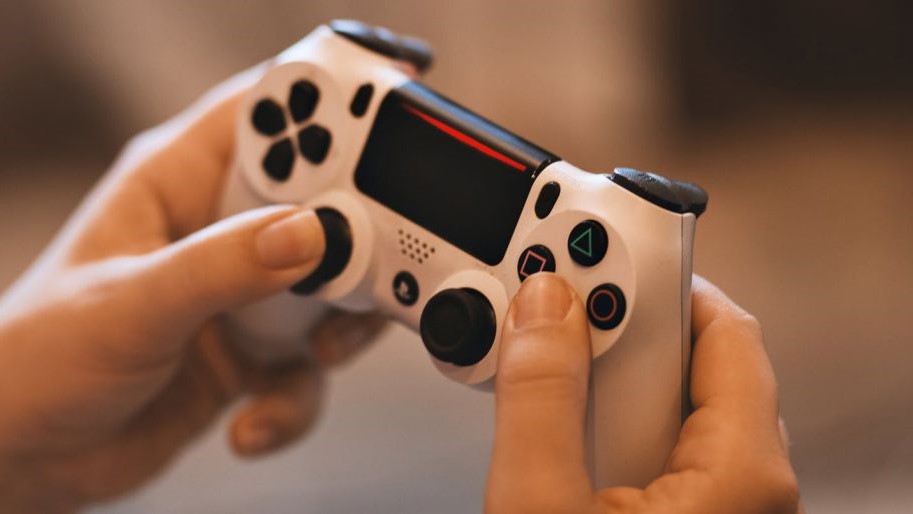
It’s also rather baffling that the Nintendo Switch Pro Controller still doesn’t have a headphone jack. Even when it launched in 2016, this seemed like a strange omission on Nintendo’s part, especially as Sony’s DualShock 4 gave us this feature in 2013, and Microsoft quickly updated its original Xbox One controller to offer the same functionality in 2015.
Seven years later, the lack of a headphone jack on the Nintendo Switch Pro Controller seems like a huge oversight, and it really needs to be addressed. I rarely play games using my TV speakers alone, but that’s still the only option on the Switch unless you have a pair of Bluetooth headphones – and Nintendo only added Bluetooth connectivity to the Switch last year.
Considering that the Switch itself has a headphone jack, there’s no reason why Nintendo couldn’t have stuck a 3.5mm port on its controller by now.
Improve the HD Rumble
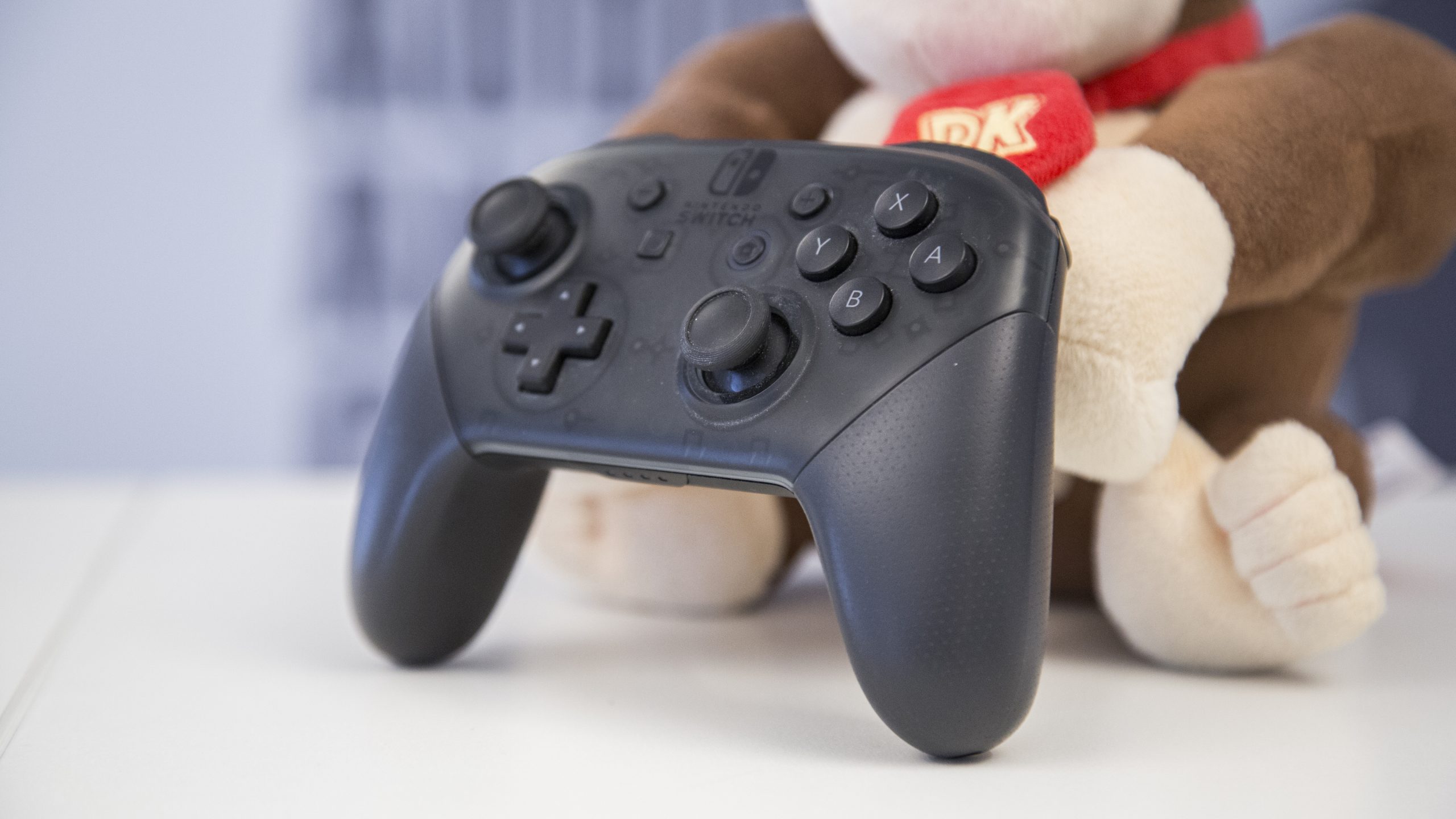
Sony’s DualSense controller has proven that haptic feedback can really dazzle; but as the old saying goes, “Nintendo did it first”.
HD Rumble is a criminally underutilized part of the Nintendo Switch, with even Nintendo failing to use it effectively in its first-party titles. In fact, the last time HD Rumble really wowed was in 1-2-Switch, which also feels like the time when Nintendo gave up on the technology.
HR Rumble may not be as advanced as Sony’s hand-tingling haptics, but I’m convinced that Nintendo could add a new and improved HD Rumble to its Pro Controller, which currently feels like you’re holding a vibrating Nokia 3310 when it ‘rumbles’.
Add analog triggers
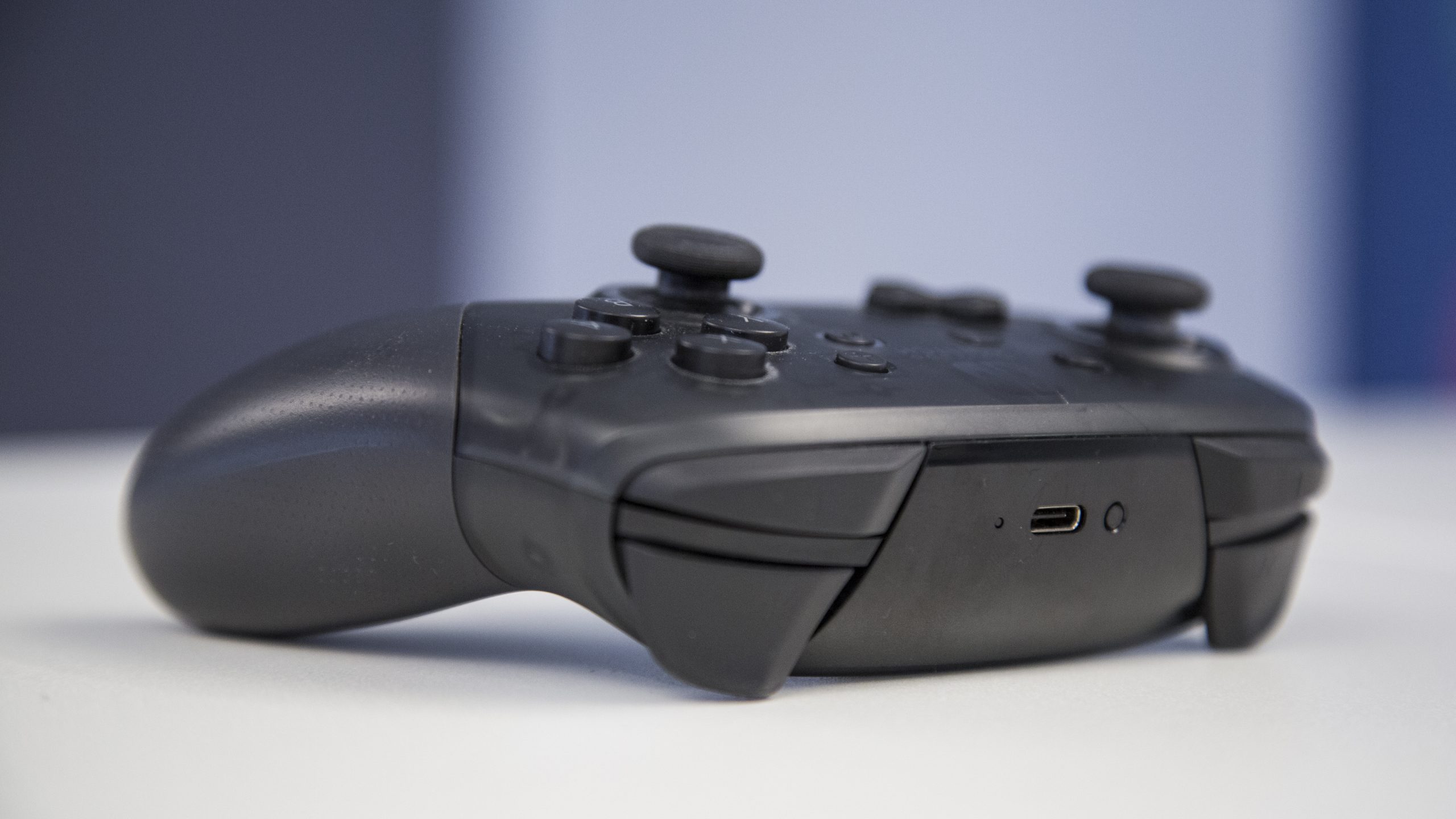
Wouldn’t it be great if Nintendo ditched the digital triggers on the Nintendo Switch Pro Controller and added some analog ones, as on Microsoft’s and Sony’s pads? Yes, yes it would.
If you’re unclear as to the difference between the two, digital triggers basically act as a button: you press them down and they register an input. Analog triggers, meanwhile, provide more fidelity and operate more like a gas pedal on a car – they can register different levels of input depending on how far down you press a trigger, which gives players more granular control in racing games, for example.
Having analog triggers on the Pro Controller would make racing games feel so much more satisfying to play on Switch, and would benefit future titles like Mario Kart 9. For now, we’re stuck with holding down a button to make cars go vroom.
Easy peasy
If Nintendo implemented these four modest changes, it would improve its tired-feeling pad significantly. We’ve seen Nintendo refine the Switch itself with the Switch OLED to great success, so hopefully Nintendo will give its Pro Controller some long-overdue love and attention sooner rather than later.
- Nintendo Switch OLED vs Nintendo Switch: what’s the difference?
